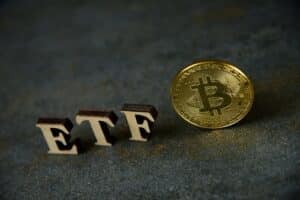Turkish crypto regulation is in the final stage: report

Turkey's crypto regulation seeks to align the country's anti-money laundering laws with the Financial Action Task Force's (FATF) framework to get off the “grey list.” Treasury and Finance Minister Mehmet Simsek said the crypto asset regulatory framework has reached a technical stage.
Turkey has advanced the legal framework for crypto regulation to the final stage, the country's Finance Minister Mehmet Simsek said on Wednesday.
According to a report by local media network Anadolu Agency, once the law is finalized, Turkish authorities and regulators will implement the law's transparency to encourage blockchain development and protect crypto users.
Crypto law to align with international practices
According to Simsek, the interest in crypto assets has increased significantly among the Turkish public, especially when it comes to buying and selling crypto assets on cryptocurrency exchanges and trading platforms.
This, however, comes with various risks, including fraud on some exchanges. The government official highlighted the dangers of fraud and wild price movements.
Getting the regulatory framework to a technical level means that the country is on the verge of aligning its crypto regulatory landscape with international practices.
The law sees Turkey's crypto regulation in line with international standards set by the Financial Action Task Force (FATF).
Among the regulatory requirements that will be issued with the final implementation is the obligation to register and obtain licenses for cryptocurrency trading platforms. Simsek also stated that Turkey is seeking to harmonize its regulatory laws with international law when applied to founders and managers. Legal obligations also extend to capital management.
As CoinJournal noted in November of last year, Turkey's crypto asset law is part of its efforts to convince the FFF to remove it from the “grey list.”
In the year Turkey's appearance on the list in 2021 means that it is currently one of the countries with inadequate controls on anti-money laundering (AML) and terrorist financing.













